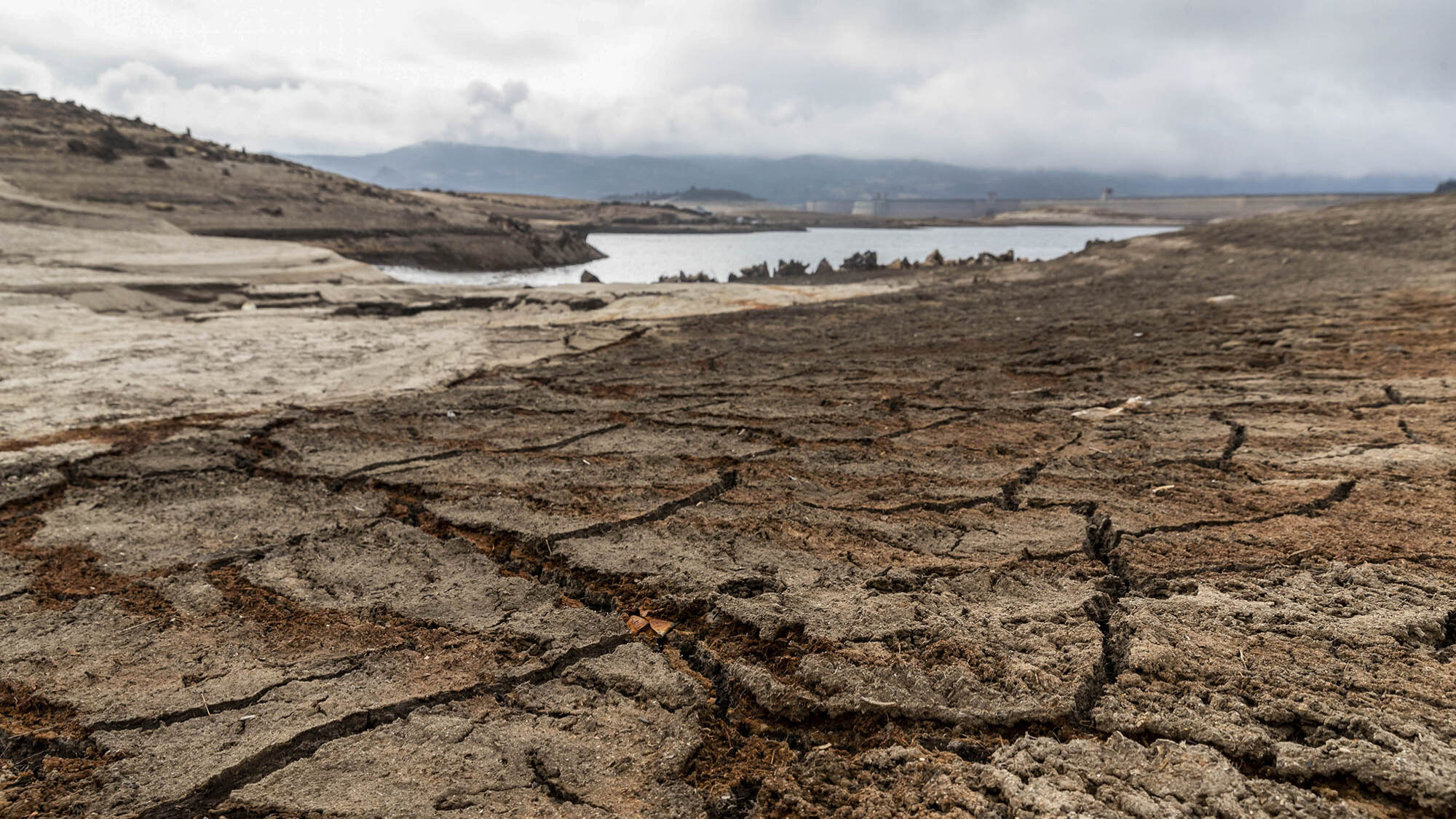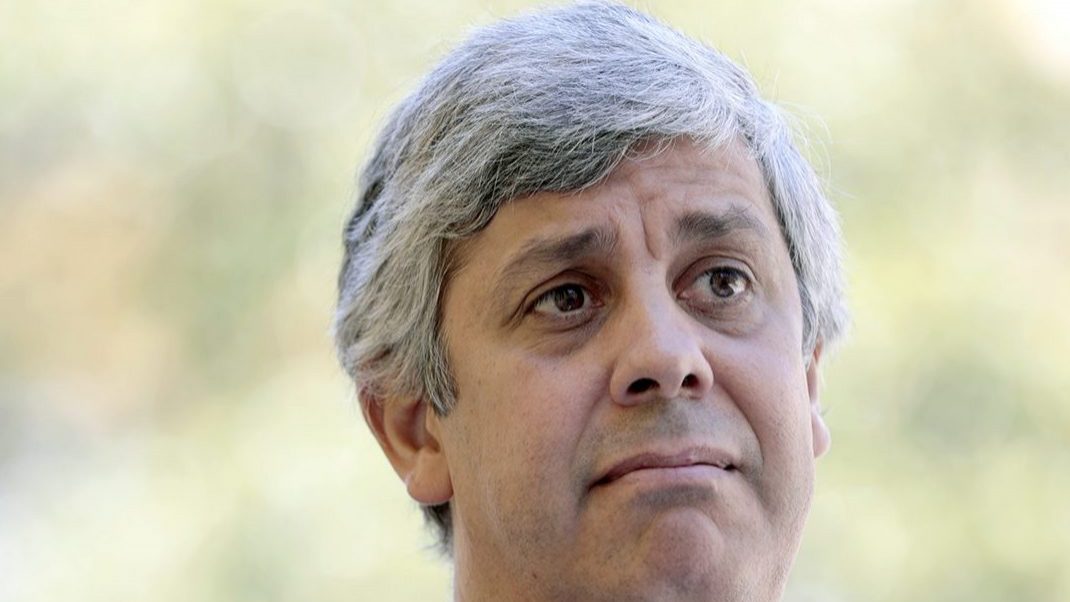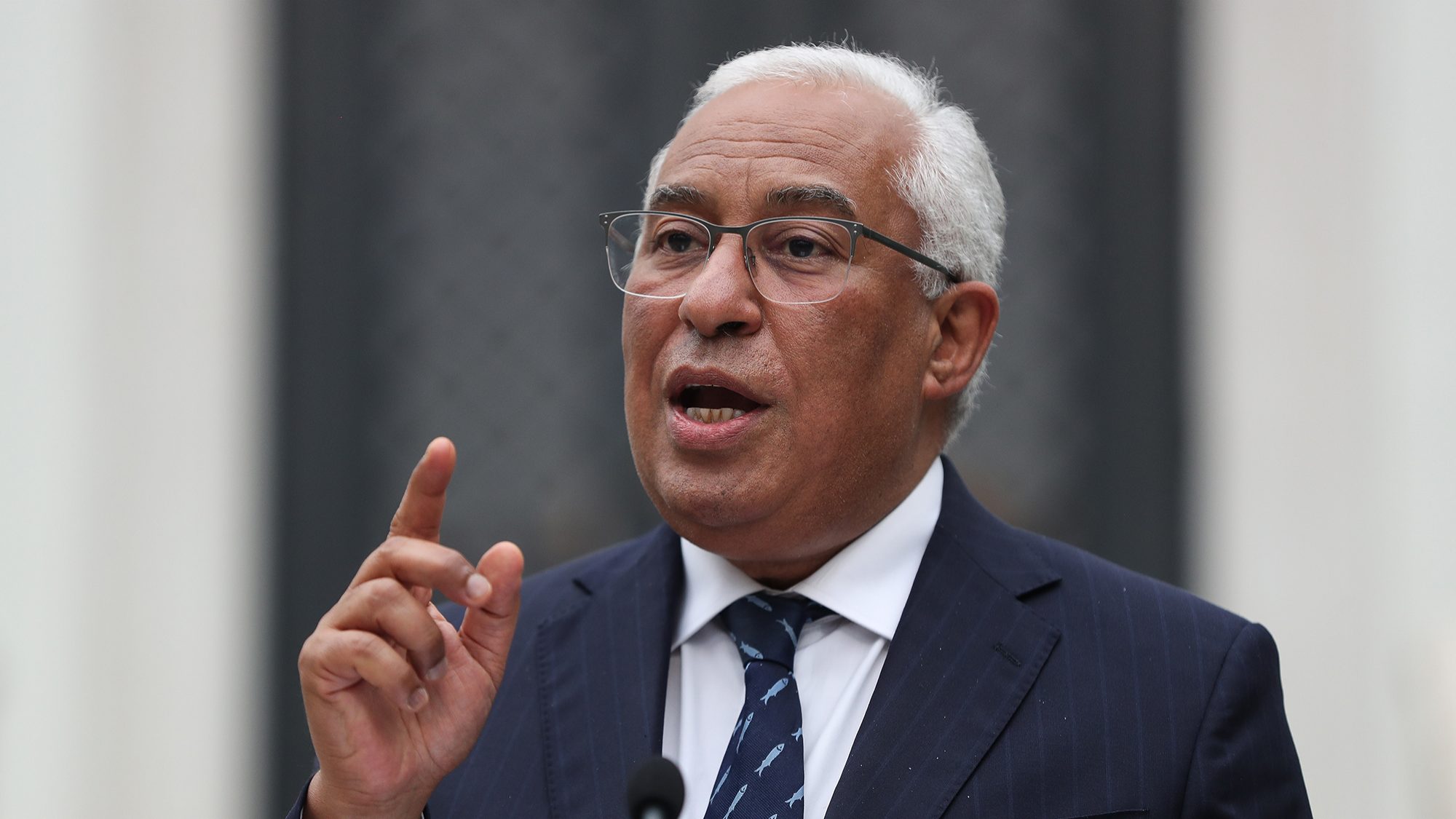Portugal’s agriculture minister expects Brussels to help with drought aid
According to IPMA, in January, "there was a very significant worsening of the meteorological drought situation, with the entire territory in drought at the end of the month."
The agriculture ministers of Portugal and Spain presented the European Commission with a series of measures on Monday to “minimise” the effects of drought in the Iberian Peninsula, hoping that Brussels will be “sensitive” to the problems faced by the agricultural sector.
Portugal’s agriculture minister, Maria do Céu Antunes, said on her arrival at the Council of Agriculture Ministers that “I am presenting to the Commission four measures, together with my Spanish colleague, to address the impact of the drought that is having in Portugal and Spain, and which has a double effect on Portuguese and Spanish agriculture”.
The minister pointed out that it is a question of trying to minimise “a double effect that is being felt on agricultural holdings, which stems from the drought that is having an impact at this time”, but also from “the high cost of raw materials that is being felt, which has a severe effect on livestock holdings”.
“We want to help in this phase, but also to be able to help our farms about the effects that in the future could jeopardise the viability of livestock farms,” he declared.
The Spanish minister, Luis Planas Puchades, also said, when he entered the Council, to the discussion that will take place on the drought in the Iberian Peninsula, “introduced on the initiative of Portugal and Spain”, stating that the two countries would ask the Commission to “increase the allocation of advances of the Common Agricultural Policy for 2022, given this situation”, to make the conditions for the use of reserved areas more flexible and to allow specific support actions for the sector within the framework of the rural development funds.
He went on to say that “I think that these requests are very reasonable given the situation, and we expect the Commission to be sensitive to Spain and Portugal’s requests”. He stressed that what is at stake are “phenomena that are out of control”, noting that the extreme drought in the Iberian Peninsula and the storms in central Europe are “manifestations of a climate that has been subverted by climate change”.
The drought issue was put on today’s meeting of the Council of EU agriculture ministers after it had already been raised informally with EU Agriculture Commissioner Janusz Wojciechowski on 7 February.
In a debate last Thursday in the European Parliament, the EU executive said it contacted the Portuguese national and regional authorities to examine possible support within the CAP framework to deal with the drought.
Commissioner Helena Dali, who represented the Community executive in the debate, expressed her concern over “the serious drought situation in the Iberian Peninsula and in particular the situation currently facing some areas in northern and central Portugal”. She stressed on several occasions that medium and long-term policies should be drawn up, as “climate change will further increase water scarcity and the risks of drought”.
The Commissioner also said that Brussels “has always shown flexibility concerning advance payments” in unforeseen extreme situations, recalling that “there is also the possibility of using the EU Solidarity Fund to alleviate the drought situation in Portugal and Spain”.
According to the Portuguese Institute of Sea and Atmosphere (IPMA), in January, “there was a very significant worsening of the meteorological drought situation, with an increase in area and intensity, with the entire territory in drought at the end of the month, with 1% in weak drought, 54% in moderate drought, 34% in severe drought and 11% in extreme drought”.
Also according to IPMA, concerning precipitation, January 2022 was the 6th driest since 1931 and the 2nd driest since 2000.


